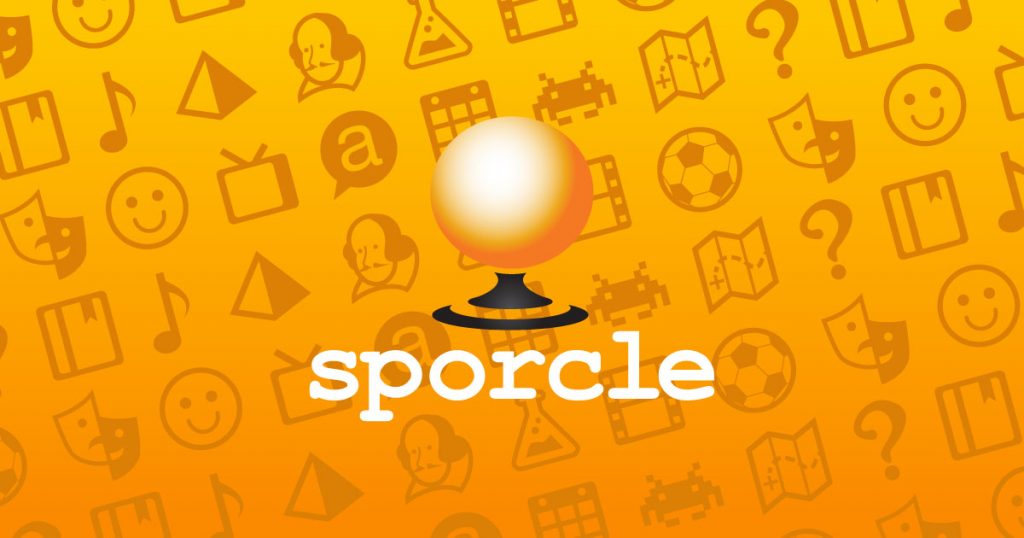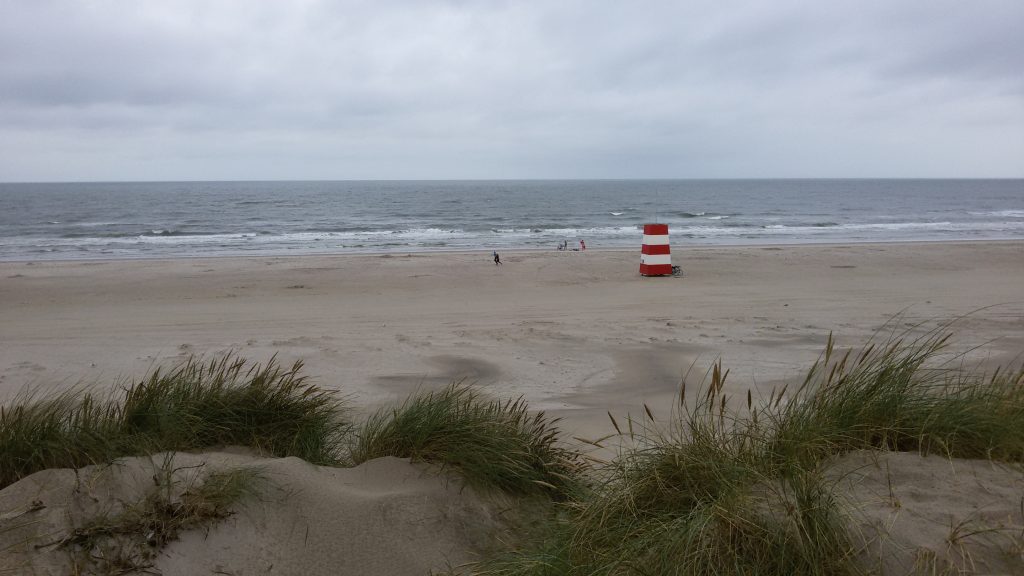Being nice and treating each other with respect does not mean only saying what others want to hear. Harmony and cooperation is created by honest communication.
This post is about constructive feedback, and how important honest exchange is in every aspect of our lives. Avoiding open disagreement, hiding things away or pretending to be on the same emotional and intellectual plane when you are not, causes tensions and hurtful feelings; the opposite of what we actually intend.
In the short video below, the speaker, Bo Seo, argues that openly disagreeing with each other instead of pretending to be on the same level leads to richer human relationships.
This topic can be supplemented by pages from the chapter on candor in the book about Netflix’s company culture: No Rules Rules (summary of the book’s main points under link).
Continue reading →







